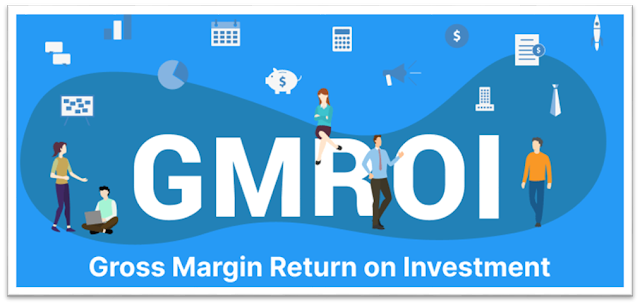“Supply chains are everywhere. From the biggest company in the world to running your household. We all have supply chain experience even if we don’t know it.”
What is Supply Chain?
A Supply Chain is a connected network of individuals, organizations,
resources activities and technologies involved in the manufacturing and sale of
a product or service. A supply chain starts with the delivery of raw materials
from a supplier to a manufacturer and ends with the delivery of the finished
product or service to the end consumer. Companies develop supply chains so they
can reduce their costs and remain competitive in the business landscape.
What is Supply Chain Management or SCM?
Supply Chain Management is the management of the flow of goods and services and includes all processes that transform raw materials into final products. It involves the active streamlining of a business's supply side activities to maximize customer value and gain a competitive advantage in the marketplace.
How Supply Chain Management works?
Typically, Supply Chain Management attempts to control or link the production shipment and distribution of a product by managing the supply chain. Companies are able to cut excess costs and deliver products to the consumer faster. This is done by keeping tighter control of internal inventories, internal production, distribution, sales and the inventories of company vendors.
In SCM the supply chain manager coordinates the logistics of all aspects of the supply chain, which comprises five parts:
1. The plan or strategy
2. The source of Raw Materials or Services
3. Manufacturing
4. Delivery and Logistics
5. The return system for defective or unwanted products
Supply Chain Management Key Performance Indicators (KPI’s):
Key Performance Indicators or KPI’s are crucial elements of a successful supply chain management strategy. They identify required performance standards and allow supply chain managers to measure performance and identify areas needing attention additionally. They are useful for measuring performance improvements.
Common KPI’s includes:
1. Cash to Cycle Time: The time between paying for raw materials and receiving payment for goods delivered which matters in determining working capital requirements.
2. Perfect order rate: The number of orders delivered without errors. This is a crucial metric for organizations striving for perfection and often broken down further by function.
3. GMROI or the Gross Margin Return on Investment: It measures the amount of gross profit earned on the cost of inventory used which is a metric commonly used in retail.
An efficient supply chain management processes reduces cost, waste of resources and time in the production cycle of a company. Over the past two decades, the supply chains of manufacturers and retailers have become ever more strongly tied up. The industry model has become a just-in-time supply chain where retail sales automatically signal replenishment orders to manufacturers. As corporation has improved, additional data from supply chain partners has allowed companies to use advanced analytic tool to further improve results. Reduced costs and an improved bottom line is the principal benefit of focusing more on supply chain management in the long term. Other benefits of efficient supply chain management are that the inefficiencies concerned in grey areas can be found and eliminated. Wastage is money in business. A major focus on supply chain management can lead to higher customer satisfaction. Product lead time is reduced and supply lines are more robust to external shocks. Essentially, business cogs fit altogether more succinctly and the company runs better.






